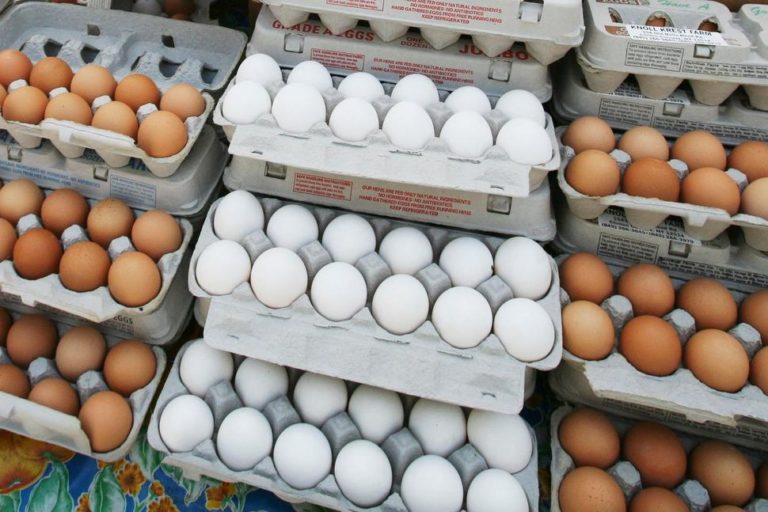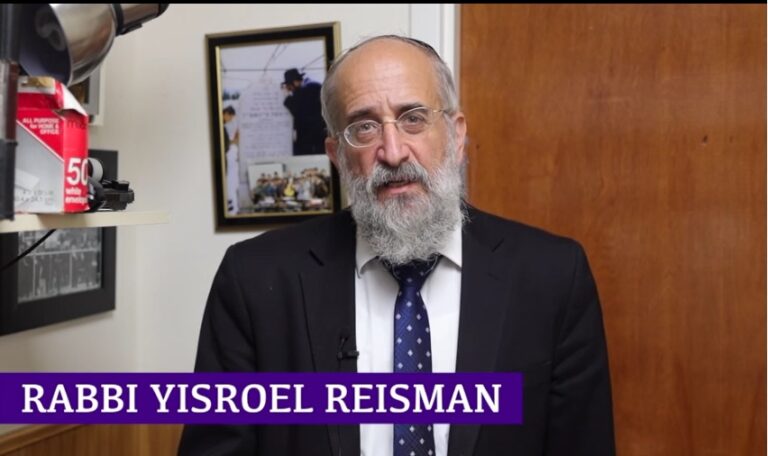 Americans spend $80 billion each year financing food stamps for the poor, but the country has no idea where or how the money is spent.
Americans spend $80 billion each year financing food stamps for the poor, but the country has no idea where or how the money is spent.
Food stamps can be spent on goods ranging from candy to steak and are accepted at retailers from gas stations that primarily sell potato chips to fried-chicken restaurants. And as the amount spent on food stamps has more than doubled in recent years, the amount of food stamps laundered into cash has increased dramatically, government statistics show.
But the government won’t say which stores are doing the most business in food stamps, and even it doesn’t know what kinds of food those taxpayer dollars buy.
Coinciding with lobbying by convenience stores, the U.S. Department of Agriculture, which administers the program in conjunction with states, contends that disclosing how much each store authorized to accept benefits, known as the Supplemental Nutritional Assistance Program (SNAP), receives in taxpayer funds would amount to revealing trade secrets.
As a result, fraud is hard to track and the efficacy of the massive program is impossible to evaluate.
As the House debates the once-every-five-years farm bill, the majority of which goes to food stamps, there is a renewed and fervent call from a broad spectrum of camps that the information – some of the most high-dollar, frequently requested and closely held secrets of the government – be set free.
“We can’t release it based on federal rules. If it were up to us, I wouldn’t have a problem releasing the information. It’s taxpayer money,” said Tom Steinhauser with the division of benefit programs for the Virginia Department of Social Services.
The District said it would be illegal to tell the newspaper how many food stamp dollars were flowing to each local vendor, but first offered to sell The Washington Times the information for $125,000.
“Why don’t you just pay the charges? Your paper has a lot of money,” said David Umansky, spokesman for the District’s chief financial officer.











3 Responses
I think I should get food stamps and be subsidized so I can buy organic food so I can stay healthier – In general, the benefits of this approach on a large scale might be to decrease the rate of socially acquired diseases that result from poor eating habits;) Seriously, though, why do we pay to have people buy non-quality foods only to pay later again to cover the care cost when the resuting illnesses occur? (!!!)
Food Stamps: The best of both worlds!
Liberal get a feel good program.
Conservatives get to line the pockets of big agriculture and big business.
The poor get a horrible diet.
The middle-class gets hosed.
#2, why would conservatives want to line the pockets of big agri or big business? Since when does big business support small government, or conservatives support big business?